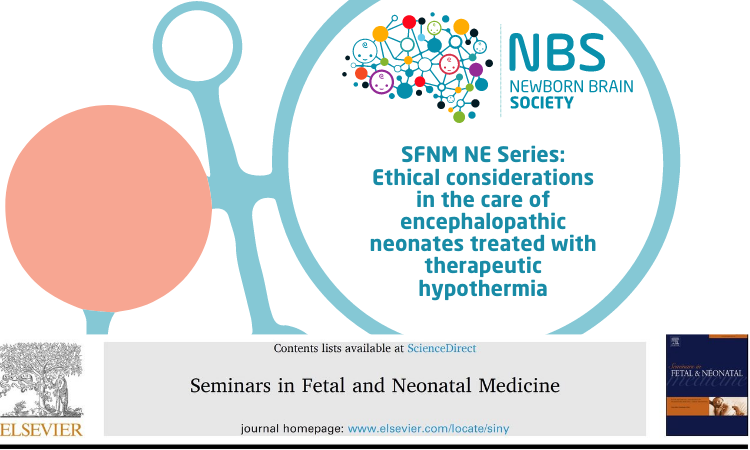
Practice Points:
- A shared decision making approach should be used in decision making for encephalopathic neonates treated with therapeutic hypothermia. Clinicians and parents must balance complementary ethical justifications, including the best interest standard, harm principle, and relational potential standard.
- The estimation and communication of prognosis is complex and requires preparation, reflection, and humility.
- Clinicians must carefully distinguish between interventions that are medically futile and care that is not perceived to be in a child’s best interests.
- Novel prognostic tools offer promise in helping clinicians more accurately predict long-term neurodevelopmental outcome; however, also carry the risk of premature implementation in the absence of sufficient evidence.
To view the full text and an associated presentation, become a NBS member here

